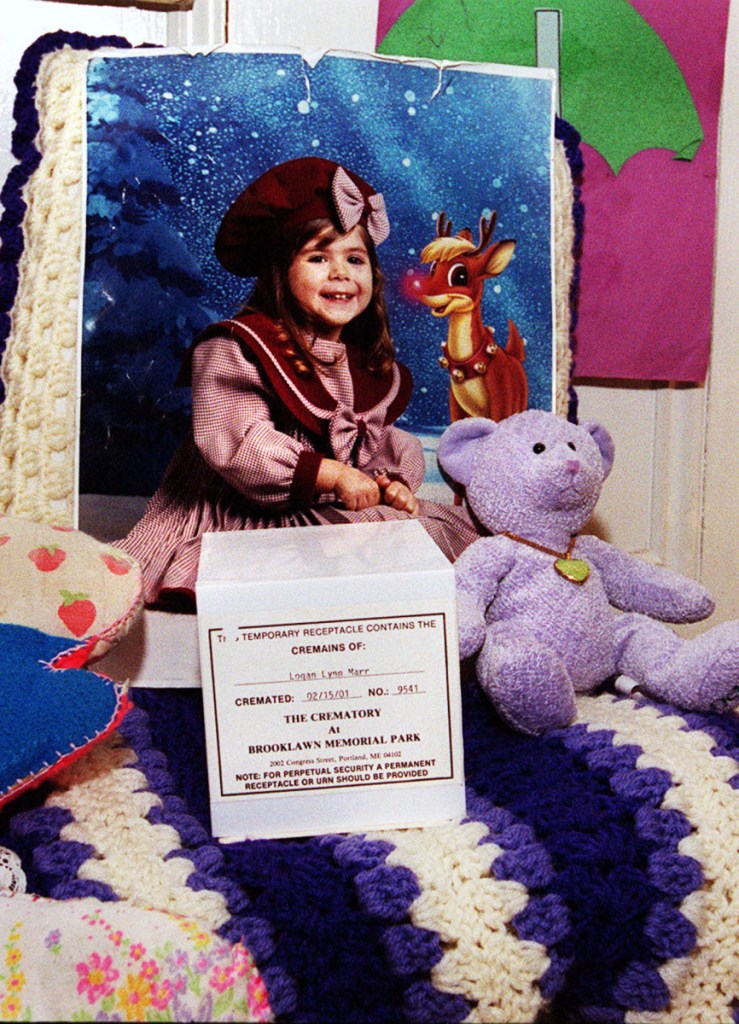As I follow the mournful conversation about poor little Marissa Kennedy, who died recently in Stockton Springs, allegedly at the brutal hands of her parents, I notice that no one is turning to Maine’s child welfare services ombudsman for answers. In fact, it appears no one is even aware that Christine Alberi exists.
Established in 2001 by MRSA Section 4087-A, the ombudsman is an independent agency authorized to investigate complaints about child welfare services. The ombudsman is empowered with unfettered access to information about children and the performance of the child welfare agency, the Department of Health and Human Services. The law requires the ombudsman to report annually on its findings and make recommendations to the governor and the Legislature for policy change and service improvements.
This is a strong position with potential to ensure the care and safety of children. There are now only about 13 states with ombudsman or child advocate offices that are as empowered as the one in Maine. All of them were established on the heels of tragic death.
TWO FLAWS IN STATUTE
Historically, Maine had an ombudsman for children much earlier than other states did; however, the position, which was established in the 1980s, fell out of favor and seemed to be essentially dormant for a number of years. Then Logan Marr was found suffocated with duct tape and restrained to a high chair in her foster mother’s basement in Chelsea on Jan. 31, 2001.
Shortly after her death, the Maine Legislature vetted no fewer than 14 bills related to child abuse and neglect. The bills were consolidated into one, House Paper 1385, which created a 12-member Committee to Review the Child Protective System. The ombudsman program in its current form was one of the chief outcomes of their work.
There are two flaws in Maine’s statute that hamper the ombudsman’s ability to make a difference. First is the manner in which the ombudsman is appointed: by the governor. That creates an inherent threat to independence. Second, with all the access to information the ombudsman has, MRSA Section 4008, subsection 4, includes restrictions that limit ability to disclose confidential information.
The Joint Standing Committee on Health and Human Services is the oversight committee for the ombudsman program. Yet I hear legislators lamenting that the governor does not allow agency heads to speak with them. Is that the case for the child welfare services ombudsman? Has the committee called upon her for information?
A VOICE FOR KIDS
Lawmakers can help her by repairing the flaws in the statute that created her job. The ombudsman position calls for careful vetting. Generally, a bipartisan oversight committee entertains applications and either appoints or provides a select number of approved candidates to the governor from which to choose. This minimizes political influence and threats to independence. Moving the position out of the executive branch and over to the legislative branch would help, too, by removing funding for the child welfare services ombudsman from the executive branch budget.
Next, the ombudsman should be given authority to disclose otherwise confidential information when it is in the public’s interest. It is in the public’s interest to hear evidence of a child protection system that is poorly resourced and failing. It is in the public’s interest that children are left in danger by caseworkers with unmanageable workloads.
A sad irony is that recently I drove from my home in Surry through Stockton Springs to get to New Hampshire for my new job, as that state’s first child advocate – the independent ombudsman agency for children. Was Marissa being beaten as I passed through? If I had paused, would I have heard her cries?
In my first 30 days of service to New Hampshire, I have already met with legislators to educate them about critical resource needs for the child welfare agency. A recent tragic death of our own has underscored inadequacies. I have made that known. There are four New Hampshire bills aimed at increasing funding for prevention services and hiring more caseworkers. I am optimistic that even with a tight budget, the children will be heard, through me.
The Maine Legislature needs to step up and give voice to tortured children through stronger authority for the child welfare services ombudsman. Don’t wait for brutal child deaths to drive public policy. Were Marissa still alive, she might still be suffering – that’s when help is needed most.
— Special to the Telegram
Send questions/comments to the editors.


